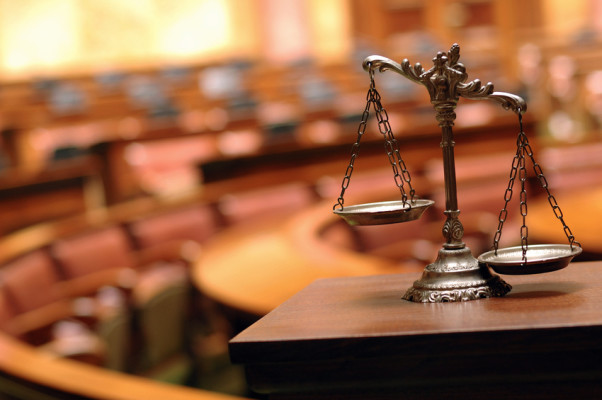 When a person goes through a conservatorship, this means that there is a court case happening where a responsible party is put in place to take care of another who is incapable of taking care of themselves or of their money. This breakdown might make it a little easier to understand the conservatorship definition.
When a person goes through a conservatorship, this means that there is a court case happening where a responsible party is put in place to take care of another who is incapable of taking care of themselves or of their money. This breakdown might make it a little easier to understand the conservatorship definition.
- The conservatorship is the court case.
- A conservatee is what the person being taken care of is called.
- The conservator is the person in charge of the care.
In order to fully understand the conservatorship definition, you need to understand the different kinds of conservatorships that are available. The type that is used usually depends on the needs of the conservatee.
- Probate Conservatorship Definition:
These may not be all types of conservatorships but they are the most common types.
- General – this is when an adult can not take care of him or herself or their finances. Often times, these are elderly people. A survey done in 2011 determined that financial exploitation costs the elderly over $2.9 billion each year, a 12% increase since a previous study from 2008. This is known as one of the types of elder abuse.
- Limited – This includes adults with disabilities who are unable to completely care for themselves or their finances. These people generally do not need as high a level a care as someone in a general conservatorship, but they still need some assistance.
- If the court determines that a conservator is needed immediately, it may appoint a temporary one until a general conservator is available. A temporary conservator is normally responsible for organizing the care and protection and support of the conservatee and their finances or property.
- LPS Conservatorship Definition
LPS stands for Lanterman Petris Short. These are for adults that have very serious mental illnesses and are in need of specific care. If the conservatee has to live in a locked facility or some other type of restrictive facility or requires mental health treatment or medicine, a conservator will be appointed to take care of them for the duration of the case. Typically, a local government agency will appoint the conservator when contacted.
- Conservator of the Person – probate conservators can be done one of two ways: conservator of the person or the estate. For this type, the conservator’s sole responsibility is the actual person once the judge has decided that they are incapabable. The conservator will ensure that the person has good food, clothing, shelter and also medical care.
- Conservator of the Estate– This type of conservator will take care of the conservatee’s money matters. They will pay any bills that need to be taken care of as well as collect the person’s income.
If someone needs both types of conservators, it must be petitioned for. They do not automatically overlap. Now, because 38% of people do have a health care power of attorney, they would be the ones to make any medical decisions should the person be unable to do so themselves. This would rule out that part of the conservator’s job.
If the court feels that there is an alternative to a conservatorship, then the petition may not be granted. Here are some ways to know if you do not need a conservatorship.
- If the person is able to cooperate with a specific plan to meet his or her needs.
- If they are willing to sign a power of attorney in order to name someone who can help with their finances and medical decisions.
- If the person only receives welfare income or social security every month then you can be appointed a ‘representative payee’ by the Social Security Administration.
- If the person is married and the spouse is able to handle the financial decisions and transactions. However, in order for this to work, the property or estate has to be in both names or in joint accounts.
- Making sure that the consveratee is taken care of should be the number one priority for all people involved, whether it be a loved one, the court, or the local government agency. The most important factor is that the person and their assets are protected for the duration of the court case, and at times, even after the case is closed depending on the type.
